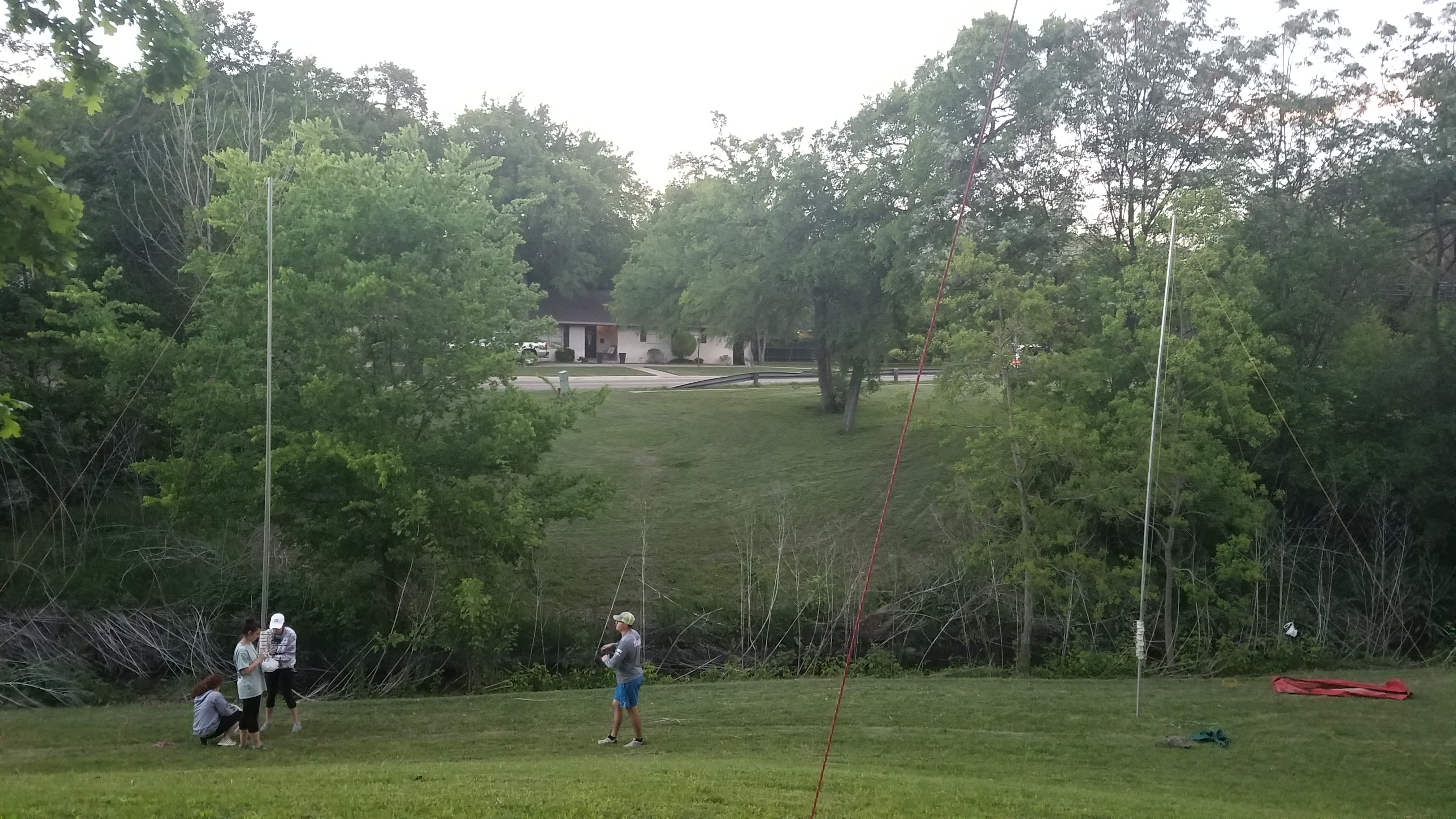It’s been 10 years since Victoria Bennett, associate professor in the Environmental Sciences department, launched TCU’s Bat Monitoring Program. After a decade of raising public awareness for bats and managing one of the first long-term studies to monitor bat populations in Texas, Bennett explains why there is no reason to fear bats and helps us understand the ecological services they provide.
Are there any justifiable reasons why people should fear bats?
That's a terrible question. You should ask, “Why shouldn’t people fear bats?” There’s a stigmatism that's perpetuated by Hollywood and Halloween that bats can come down and bite you. And literally that's what people are scared of. There are like 1,400 plus bat species in the world, and only four of them are vampire bats that drink blood. They're found in Central and South America. I think because of those things, it’s innate in people to be scared of bats because they live in caves much like snakes and spiders. But bats bring a lot of good things. They provide essential ecosystem services.
How are bats beneficial to humans?
Bats are super important because of the roles they play in pollination, pest control, and seed dispersal. Like I said before, not all bats drink blood. Most bats that we have here in the United States just eat insects, flying insects in particular. Do you remember when the Zika Virus came out? We had West Nile Virus here as well. These viruses are passed by mosquitoes. There were greater outbreaks in areas where people sprayed for mosquitos and therefore got rid of their bats. Letting bats do the natural thing and get rid of those mosquitoes actually reduces our chances of getting these viruses. Also, for those that are fans of tequila, bats are very important. Agaves depend on bats to cross-pollinate their flowers so they can produce seeds. Without agave, there is no tequila.
Are there instances where bats can be dangerous?
Sometimes people will see bats in the middle of the day. That is a big warning sign. Bats are nocturnal. That bat shouldn’t be there. There is something wrong with it. People shouldn’t touch bats. There’s a possibility it may have rabies. This doesn’t mean we should fear bats. Raccoons can have rabies, possums can have rabies, and squirrels can have rabies. We don’t freak out about these animals and worry that they will bite us. How many people do you know that have been attacked by a squirrel? Probably none. A lot of people don’t know this, but it’s only the female mosquitos that bite. They need the blood for protein so they can develop eggs. And so male mosquitoes hover above your head, waiting for the female to come down and bite you so that they can mate with her quickly. You have these male mosquitoes above your head just waiting for females. And then bats come down and eat those male mosquitoes. So that’s why some people claim that a bat dive-bombed them.
What are some ways in which you are encouraging or promoting bat conservation in the community?
I’m doing this in a number of ways. I started the Bat Monitoring Program at TCU in 2013, which was triggered by two things. One, I felt it important to raise awareness for bats, and the second reason is we were working on the impacts of wind turbines on bats here in Texas. We are seeing hundreds of bats dying because of wind turbines. My goal is to make people realize that bats are not bad, and we really need to do something before we lose these little precious creatures. I knew initially that I wanted to appeal to young people, so I started going around to schools and giving a presentation on bats. I invited the students to come on bat walks with me. So, we started walking around parks every week, listening for bats using acoustic detectors. In the community, I started sharing tips for making your backyard more bat friendly. It can be something as simple as making sure to turn off your outside lights. I've joined forces with Boy Scouts of America. They make bat boxes for me, and I give them out for free to deserving homes. We’ve had massive success with that.
How to get involved?
- Put up bat boxes in your backyard. Roosting opportunities for bats are in short supply, so providing roost sites will give some of your local bats the shelter they need.
- Reduce pesticide use. If bats do their jobs and eat your pests, then it can save you money.
Learn more about TCU’s Bat Monitoring Program.









